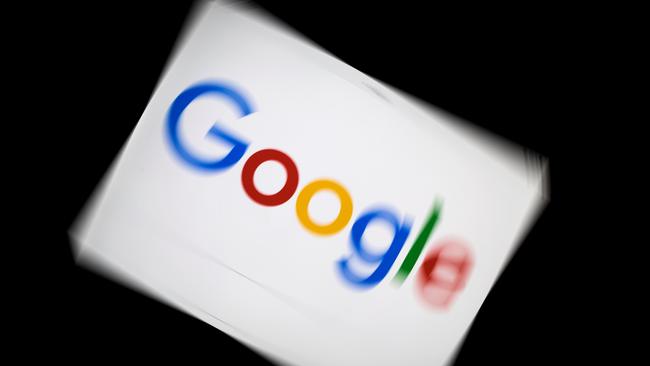Google in a pickle if it doesn’t play ball with ACCC code
This Friday looms as an industry-defining moment in the Australian media landscape.

This Friday looms as an industry-defining moment in the Australian media landscape.
It’s the deadline for responses to the Australian Competition & Consumer Commission’s draft mandatory code that lets Australian media players bargain with the $US1 trillion-valued Google and fellow tech giant Facebook to secure fair payment for their news content.
Media organisations say that Google’s use of their content in search results amounts to information theft and it’s time Google paid up. Thousands of journalists have lost their jobs and hundreds of media outlets have been forced to shut since the rise of the tech titans.
On the face of it, you may think Google has the upper hand in this dispute; that with 90 per cent of the desktop search market, and 98.21 per cent of the mobile search market, it can afford to play hardball and dictate the terms.
But experts say Google has much to lose by walking away from a deal. The tech giant won’t like it, but there’s a viable Plan B for Australian media.
University of Sydney media lecturer Fiona Martin says Google risks losing its advertising monopoly, with other vendors filling the void on alternative sites that aggregate mainstream news content.
Google could no longer promise advertisers ubiquitous exposure to the market.
Dr Martin believes Australian news organisations can break free of Google. One approach is for mainstream media to build their own news aggregation sites and heavily promote them.
In January, News Corp launched a Beta version of a news aggregation site called Knewz.com that draws news stories from hundreds of sources both within and outside the corporation. Stories link directly with original publishers. Currently the content is US-focused, but it’s a sample of what is possible.
A Wall Street Journal report said the site could give News Corp more leverage in its relationship with Google and other platforms.
Dr Martin said an alternative news aggregation platform could work if it was an open platform with wide-ranging participation, but with membership restricted to valid news publishers to keep away conspiracy theorists and propaganda publications.
“In the wake of the Facebook Cambridge Analytica debacle, people are rightly concerned about the transparency of Google and Facebook and big platforms,” he said.
University of NSW associate professor Rob Nicholls observes that in 2014, Spain directed Google to pay for content and Google simply stopped including content from Spain’s mainstream media in search results. Early research suggested the move was disastrous for Spanish media, but more recent research suggests otherwise. The News Media Alliance, in a report last year, found: “Over the long-term, data showing online website traffic trends for Spanish news sites from 2014 up to 2019 seem to have remained largely unchanged, with the total number of unique monthly visitors actually increasing with many publishers.”
Dr Nicholls said the idea of mainstream media news search sites could be a winner.
Ultimately, there are really only two possible outcomes in Australia — either Google agrees to pay a fair price to use the journalistic labour of others, or it will take its bat and ball and go home. And as the Spanish experience shows, that may well backfire on the tech giant.







To join the conversation, please log in. Don't have an account? Register
Join the conversation, you are commenting as Logout